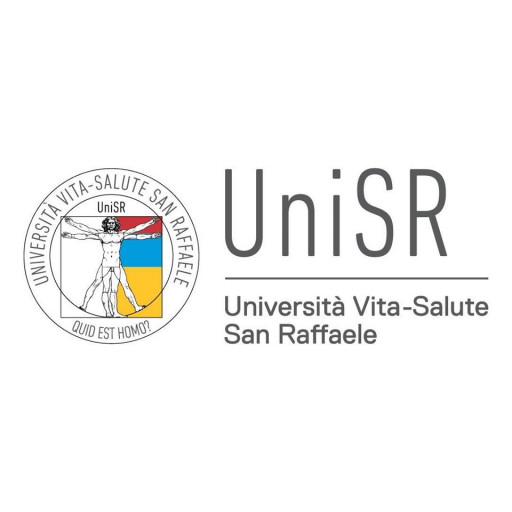Photos of university / #newcastleuni
Description
Advertisement
Research Areas:
PhD supervision is normally available in the following areas:
Environmental biology
We undertake research into the microbial ecology of a range of managed and natural environments. The ecology and diversity of plants and animals and their responses to human activity is also investigated at large, often landscape, scales, across many contrasting taxa. Advanced environmental modelling is used to integrate and predict long-term patterns.
For more information: Nikki Morton; School of Biology; e-mail: n.j.morton@ncl.ac.uk; telephone +44 (0) 191 208 4848
Environmental change and management
We study long-term system evolution and change, and develop knowledge relating to the Earth's surface and the processes that form its structure and drive its function. Human behaviour and how it can impact on these systems and influence their sustainable management is also studied. You will be part of either the Quaternary Research Group or the Earth Surface Processes Research Group.
For more information: Postgraduate Office, School of Geography, Politics and Sociology; e-mail: gps@ncl.ac.uk; telephone +44 (0) 191 208 5200
Geosciences
Geomicrobiology; mineral science; molecular microbial ecology; soil biogeochemistry; bioremediation of polluted soils and waters; cycling of carbon and other elements in Earth history; carbon export across the land ocean interface; and climate change in ancient greenhouse environments.
For more information: Yvonne Hall; School of Civil Engineering and Geosciences; e-mail: yvonne.hall@ncl.ac.uk; telephone +44 (0) 191 208 6605
Marine sciences
Research is undertaken in the following areas - marine ecology, particularly the dynamics of fragile ecosystems and invertebrate reproduction; marine biotechnology, including biofouling; and marine biogeochemistry, with a particular focus on the oceans role in the cycling of climate-active gases such as methane, nitrous oxide and sulphur species.
For more information: Postgraduate Office, School of Marine Science and Technology; e-mail: marine@ncl.ac.uk; telephone +44 (0) 191 208 6661
Contents
Depending on your specific area of research, the Science, Agriculture and Engineering Graduate School or the Humanities and Social Sciences Graduate Schools will provide training in professional/key skills and research techniques, support personal development and host postgraduate events.
Requirements
An upper-second-class Honours degree and preferably a master's degree, or international equivalent, in a relevant subject.
Applicants whose first language is not English require IELTS 6.5, Pearson's PTE Academic Test 62 or equivalent.
English Language Requirements
IELTS band: 6.5
IMPORTANT NOTE: Since April 2014 the ETS tests (including TOEFL and TOEIC) are no longer accepted for Tier 4 visa applications to the United Kingdom. The university might still accept these tests to admit you to the university, but if you require a Tier 4 visa to enter the UK and begin your degree programme, these tests will not be sufficient to obtain your Visa.
The IELTS test is most widely accepted by universities and is also accepted for Tier 4 visas to the UK- learn more.







